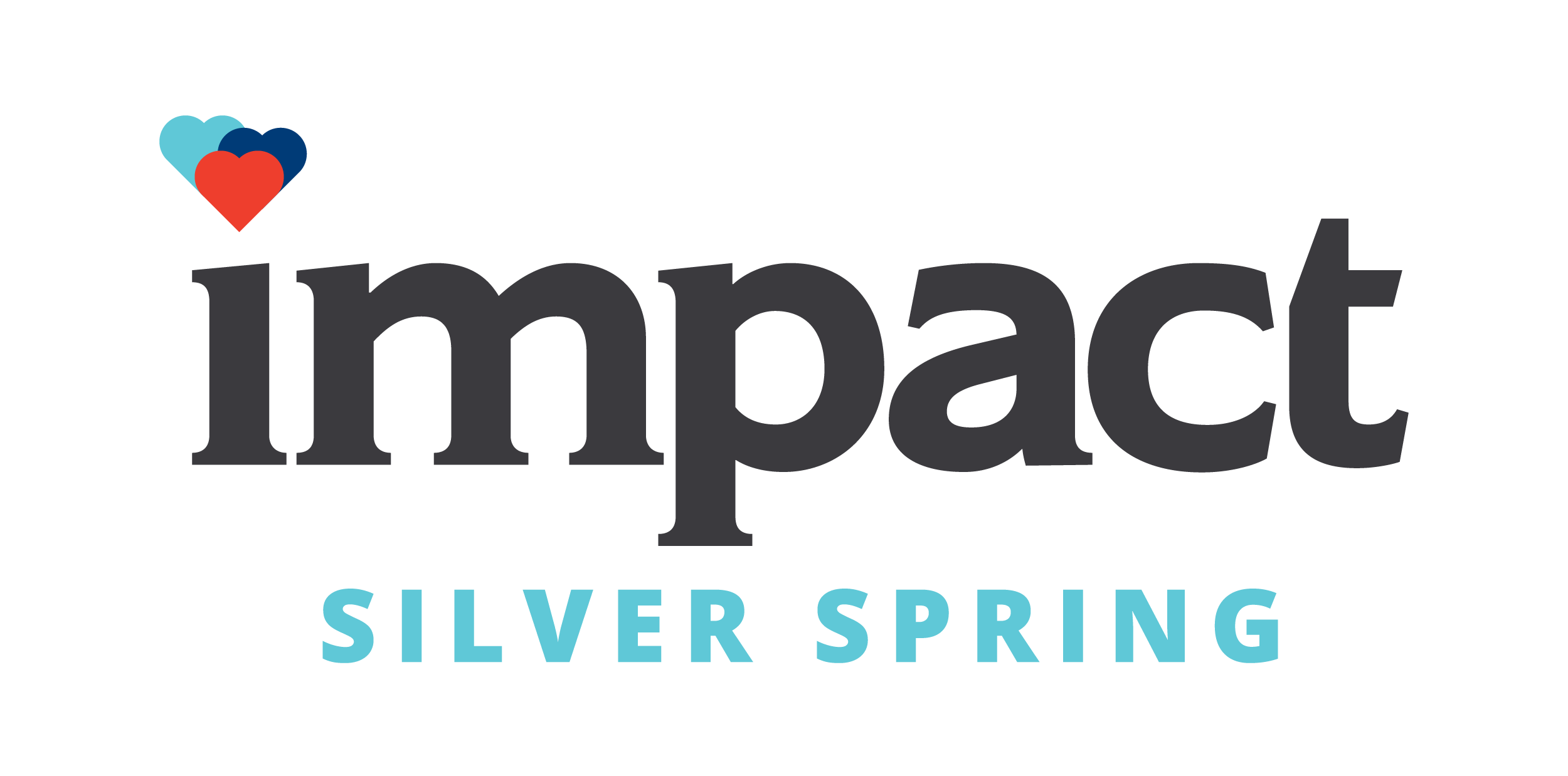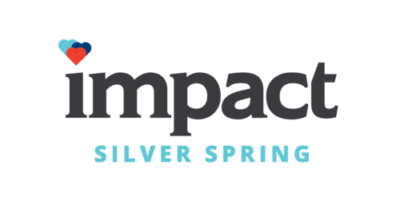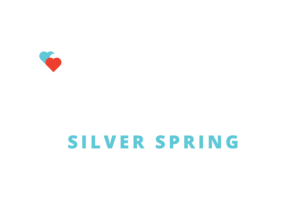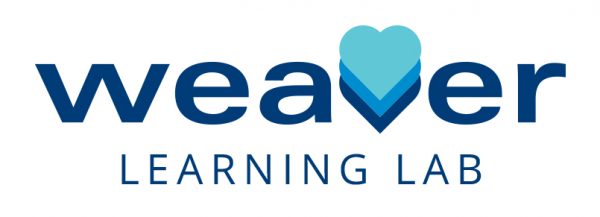
2023 Learning Series on Generative Conflict
Deadline to apply for this cohort experience is Friday, April 7, 2023
If you have any questions, please contact Yesenia Regalado via email: yesenia@impactsilverspring.org
What is the Weaver Learning Lab?
The Weaver Learning Lab (WLL) is a space to imagine, learn, experiment, and develop a practice of personal transformation and action that ripples out to transform your relationships, organizations and systems you are a part of.
From its inception in 2017, over 125 people who are active in racial and economic equity and justice work in their communities have participated in this unique learning experience. The Weaver Learning Lab brings people together across lines of difference and invites them to slow down and take a more holistic approach in addressing racism. With an emphasis on the inner awareness needed for outward action, Weavers explore the challenges in seeking equity, justice, and liberation alongside others on the same journey.
Why this topic?
There have been relationships, movements, initiatives and organizations that fracture because people can’t work through conflict in healthy ways. A weaver is someone that takes a deeply relational approach to action and an essential skill to have is knowing how to engage in conflict that is generative. When conflict is generative it becomes purposeful and can enhance creativity and constructive change. Conflict doesn’t have to be a negative thing to be avoided. When you lean into it, it can lead to better understanding, collaboration, actions, intimacy, and growth in self and relationships.
What is this learning series about?
The goal of this learning series is to examine your current relationship with conflict at multiple levels and identify the conditions you want to shift within yourself to allow for generative conflict. This course will not narrowly focus on how to resolve or mediate conflicts. Instead the course teachings will help us learn to lay the foundation for generative conflict while centering compassion and care to create conditions for healthier interactions.
During this learning series you will:
■ Identify what generative conflict means to you.
■ Explore embodiment practices to increase your body awareness when faced with challenging situations.
■ Deepen your understanding of conflict through a structural analysis.
■ Complete a conflict style assessment and explore its implications.
■ Examine your relationship to conflict at multiple levels (relationship to self, to other individuals, and to communities and organizations).
■ Reflect on your social conditioning around conflict, including the influence of gender, race, and class.
■ Create your own strategies to self-regulate your body and emotions before, during, and after conflict.
Logistics
Accepted applicants will be asked for a sliding scale donation for participation in the WLL. This donation will cover your access to our Thinkific learning platform and your personalized Styles Matters “Conflict Styles Inventory Tool.”
All sessions are virtual from 10:00 am – 12:00 pm
⭐ Session 1|Saturday, April 22, 2023
⭐ Session 2|Saturday, May 6, 2023
⭐ Session 3|Saturday, May 20, 2023
⭐ Session 4|Saturday, June 3, 2023
Each session will be recorded and uploaded to IMPACT’s Thinkific Learning Platform where participants will have access to the slides, materials, and community discussion boards.
If you have to miss more than one session, we suggest you apply at a different time.
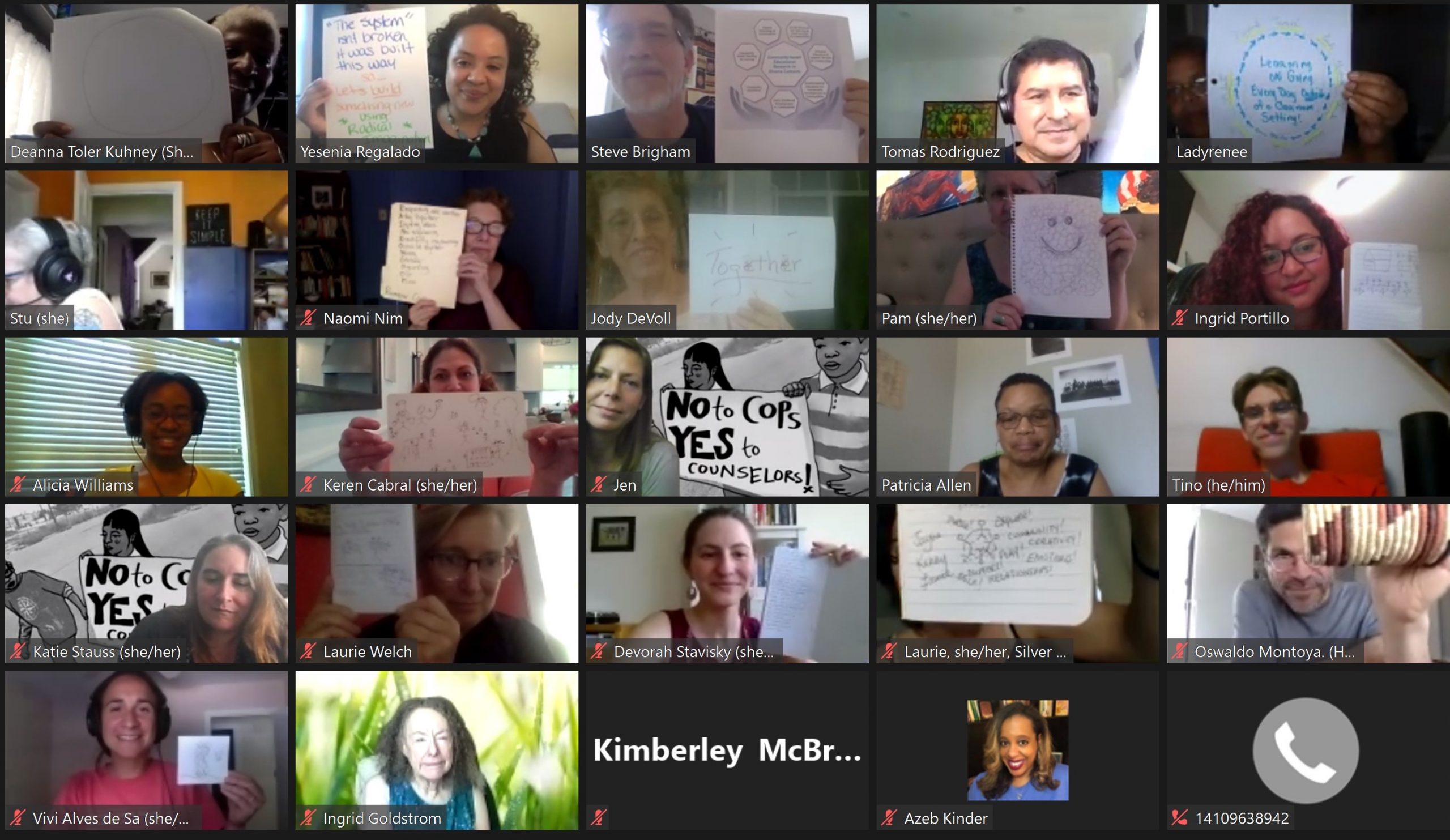
Meet the Facilitators
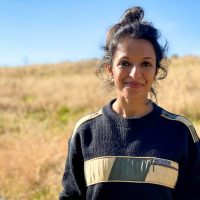
Hiba Haroon
Hiba is a daughter, sister, friend and spiritual activist. She immigrated to the United States from Pakistan when she was 7 years old. Hiba believes in the interconnectedness and wholeness of all beings and non-beings and our potential to create, grow, nurture, release and heal. She is drawn to many different healing modalities and their powers to strengthen, soften, and heal bodies and spirits and dismantle systems of oppression. She is the founder of (un)jaan through which she facilitates spaces for us to practice being in liberatory relationships with ourselves and each other. In this season of life, she is finding joy in saying no, resting, and imagining.
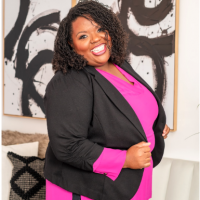
Raven E. Freeborn
Raven E. Freeborn, LICSW (pronouns: they/themme) is a savvy queer black womxn, full spectrum doula trainer, and healing justice practitioner. Their mission is to build beloved community that reckons with the truth of historical oppressions to actualize liberation centered solutions for all people – particularly people who are Black, brown, queer, and trans identifying. As a student of abolition, transformative justice, and African Indigenous healing practices, Raven seeks to build relationships with communities and individuals beyond the rigid binary of professionalization that is rooted in the assumed authority of white supremacy. In this effort, Raven coaches leaders, designs and facilitates strategic gatherings, and implements tailored programming to scale practices with measuring accountability, implementing justice and equity centered policy, advancing indigenous healing practices, amplifying justice storytelling, and institutionalizing transformative governance for our emerging whole and well world.
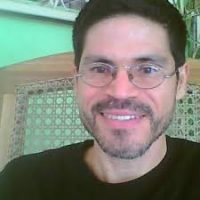
Oswaldo Montoya
Oswaldo Montoya (he/him) has a master’s degree in educational psychology. He has been a trainer, curriculum developer, researcher, and network builder for more than 20 years. He comes from the tradition of Popular Education, which was developed in Latin America as an instrument for consciousness-raising, community mobilization and social justice. Working with different NGOs in Nicaragua and the US, he’s been involved in pro-feminist men’s activism, anti-racism work and advocacy for children’s rights.
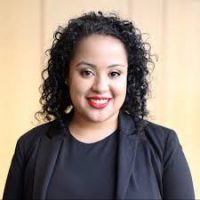
Yesenia E. Regalado
Yesenia has an established career as a racial equity facilitator and trainer. Through her work in schools, she has facilitated dialogue groups with parents, students, and staff and has supported groups’ collective action towards equity. She has created and led professional learning opportunities for staff members to create equitable and culturally responsive learning environments for Black and Latino students. In the non-profit sector, Yesenia continues to guide diverse cohorts of community members to critically examine racial and economic inequities and explore actions that inspire personal transformation and leadership to influence change in their communities and organizations.
